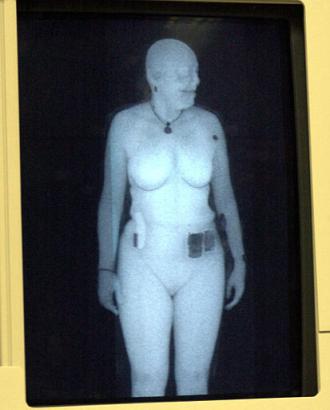Angelheaded Hipsters
Steven at Poliblogger asks:
Am I Anti-Hip, or What?
I just heard a story about “Hipsters” on NPR, and surfed over to this: NPR : ‘The Hipster Handbook‘. I am pretty sure that I have heard the term before, but must confess as to knowing almost nothing about this particular trend.
I checked out the NPR report and the ‘hipster’ material, quiz, etc., and came to the same conclusion as Steven. I’m not one of these either.
And, I don’t think any of the folks that might use this book to define themselves are hipsters either. At least not as I use the word which, like many words, has changed its meaning over time. Here are some examples1:
By 1931 hep was occasionally being pronounced hip. This led to calling hep girls hip chicks and calling hepsters (jive dancers and fans) hipsters by the late 1930s.
By 1945 hip had completely replaced hep in informed circles, cat had come to mean any aware person (by the 1950s it was to mean any person at all), and hipster was beginning to mean a devotee of the new “progressive jazz” from the West Coast.
During the decade of 1945-55 hipster drifted away from its jazz meaning and was applied to any hip or cool youth.
By 1957 the true beats had followers, a growing number of hipsters who, that year, were first called hippies, younger versions of the beats
My understanding and usage of the word is rooted in the beatnik era meaning and if todays ‘hipsters’ are going to earn their place in the word’s lineage they will have to make a stronger effort. Though, ‘cool youth’ is pretty open ended. From the hipster himself, Alan Ginsberg, we read:
I saw the best minds of my generation destroyed by madness, starving hysterical naked,
dragging themselves through the negro streets at dawn looking for an angry fix,
angelheaded hipsters burning for the ancient heavenly connection to the starry dynamo in the machinery of night,
This seems to set the bar high though there are plenty of dynamics in today’s world and particularly American culture that may ignite this flame.
And for a story of an interesting joining of hipsterism and neoconservatism check out this 1998 Paul Berman essay from Slate:
America’s counterculture and America’s neoconservatism, you might suppose, have nothing in common, except their war against one another. But they have in common the Columbia Review from the 1940s. They have in common a poem, whichever of the two it is, by the nearly inconceivable collaborative team of Norman Podhoretz and Allen Ginsberg. The counterculture and neoconservatism only seem to be opposites. They are actually variations on the same Columbia College hipster instinct for Old Testament windy curse-hurling, 1940s-style.
Berman, in a sidebar anecdote, says:
But his behavior matched his whim. He was entirely himself. No one was ever more natural. There were never any secrets with Allen Ginsberg–none that bore on his inner personality, anyway.
Which tells us more about being a hipster then any handbook could manage.
PS: Quizzilla has a slightly different version of the hipster quiz.
1Also see Stuart Berg Flexner and Anne H. Soukhanov, Speaking Freely: A Guided Tour of American English from Plymouth Rock to Silicon Valley (New York: Oxford, 1997), pages 221-0

